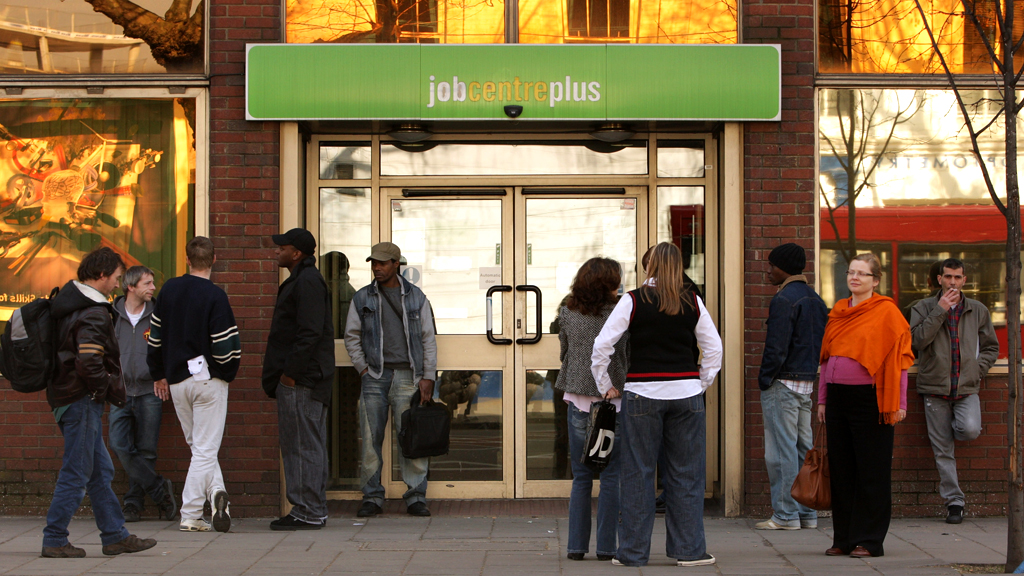‘Extremely poor’ Work Programme slammed by MPs
First official figures showed the Work Programme got 3.5 per cent into long-term jobs. Now a report finds the scheme is not helping those who need it most and criticises DWP for lack of transparency.

The influential Public Accounts Committee (PAC) pulled no punches in its critique of the government’s flagship multibillion-pound Work Programme.
In a report published on Friday, the committee highlighted the fact that none of the 18 providers contracted on the scheme met their minimum 5.5 per cent performance target for getting people into work. MPs also criticised the fact that the hardest to help groups were being “parked” by providers, despite assurances from the department of work and pensions (DWP) that this would not happen.
The £3bn to £5bn Work Programme was introduced in June 2011, but performance data for the first 14 months, published last November, showed that just 3.53 per cent of those referred were in sustainable jobs as a result of the scheme. This was below even the government’s own 9.2 per cent prediction for the number of over 25s who would get into work without the assistance of the flagship scheme.
MPs also criticised the four-month delay in publishing the data and accused the DWP of a lack of transparency: the department failed to publish its own expectations of performance, the contractually agreed performance targets or any explanation as to why actual performance differed from its expectations
During the period of collecting evidence, MPs heard from a range of civil servants and charities, who raised concerns that the handover of clients from JobCentre Plus to the Work Programme was not working as well as it should.
The report concluded that given the poor performance from providers, there was a high risk that one or more providers will fail and go out of business or have their contracts cancelled.
Read more on the Work Programme results from Social Affairs Editor Jackie Long
‘Creaming and parking’
Internal assessments had previously raised concerns of the risk that jobless clients who require more time and investment – disabled job-seekers or long-term unemployed for example – would be sidelined, in a process known as “creaming and parking”.
The DWP said the Work Programme would get around this problem through its tapered payment by results model.
However MPs said this had not worked: “Under the payment-by-results system, the department has incentives in place which in theory are supposed to prevent providers concentrating on the easiest cases and ignoring those who are hardest to help,” said Committee Chair Margaret Hodge.
“But these incentives are not working and there is increasing evidence of creaming and parking.”
Read more: Do government work programmes ever work?
‘Urgent’ improvement
Paul Sissons, senior researcher at the Work Programme said the report showed there was an “urgent need” for the DWP improve performance.
“To improve it, it seems apparent that there’s certainly work for DWP to do with their providers to ramp up quality of provision that is being provided,” he told Channel 4 News. “The payment model was supposed to help with the cost of working with different groups. Maybe that model itself needs addressing.”
The DWP said that the report painted a “skewed picture”, adding that the figure of 3.6 per cent success rate for getting unemployed into sustainable jobs was “simply wrong”.
“More than 200,000 participants have already got into work,” said a department spokesperson. “These comments are very disappointing and are misleading the public about the Work Programme.”
He added: “Previous schemes paid out too much up front regardless of success, but by paying providers for delivering results, the Work Programme is actually offering the taxpayer real value for money.”
-
Latest news
-
‘Russian aggressions have never pushed Georgia to deviate from its own path’, says Georgian President5m

-
Why is Georgia’s ruling party so intent on adopting ‘foreign influence’ bill?5m

-
Trump’s lawyers try to paint Michael Cohen as liar out for revenge at trial3m

-
England’s schools told not teach gender identity2m

-
Slovakia PM shooting: Suspect charged with attempted murder3m

-




